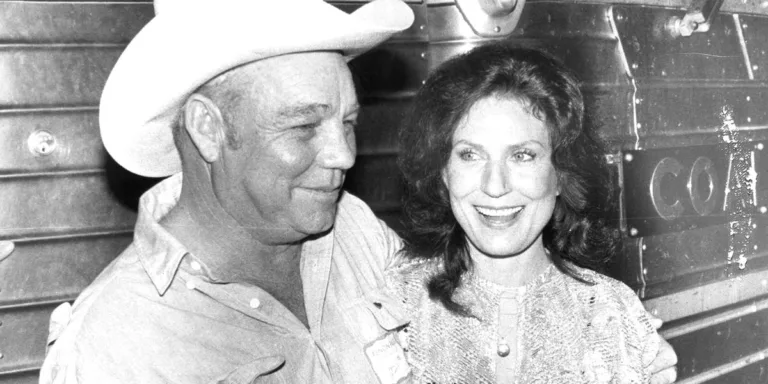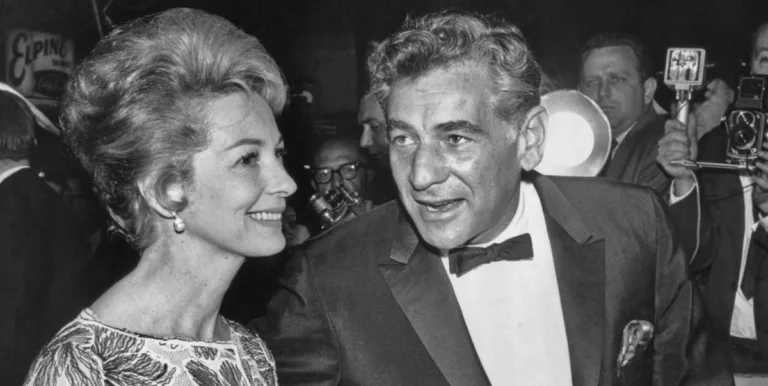Stanley Tookie Williams’ life was a complex tapestry woven with threads of darkness and light. Born in 1953, he grew up amidst the harsh realities of poverty and violence in Los Angeles. His early experiences shaped his path, Leading Him To co-found the Crips gang, a notorious street organization that terrorized Communities Through Violent Crimes. Williams’ involvement in these activities ultimately landed Him Behind Bars, facing a death sentence for multiple murders.
However, even within the confines of prison walls, Williams embarked on a remarkable transformation. He turned away from the darkness that had consumed him and dedicated his life to advocating against the Very Violence He Once Perpetuated. He channeled his experiences into powerful anti-gang literature aimed at young people, hoping to guide them away from the destructive path he had once walked.
This shift in Williams’ life became a beacon of hope, earning him recognition as a peace advocate. He received numerous nominations for The Nobel Peace Prize for his tireless work, highlighting the story of Tookie Williams as a testament to the power of redemption and the possibility of change even in the face of Immense Adversity.
The Crips Gang and Tookie Williams’ Early Life
Growing up in the rough neighborhoods of Los Angeles during the 1960s and 70s, young Stanley Tookie Williams faced a Stark Reality. Poverty, Racial Discrimination, and widespread gang violence were constant threats. These harsh conditions shaped his worldview and ultimately led him down a path that would forever alter his life.
In the midst of this turbulent environment, Williams co-founded the Crips gang in 1969. The Crips emerged as a powerful force on the streets, engaging in turf wars, Drug Dealing, and violent crimes that terrorized communities. Williams’ involvement in these activities brought him notoriety and power within the gang structure, but it also set him on a collision course with the law. His actions had devastating consequences for countless individuals and families caught in the crossfire of gang violence.
As the story of Tookie Williams unfolded, his early life as a Crips leader became a defining chapter, illustrating the complex interplay between personal circumstances, Societal Pressures, and the allure of power within Marginalized Communities.
From Criminal to Advocate: A Transformation Behind Bars
Despite facing a death sentence for His Past Crimes, Stanley Tookie Williams underwent a profound transformation within the confines of prison walls. He realized the devastating impact of his actions and felt a deep remorse for the pain he had inflicted on others. This newfound awareness sparked a desire to make amends and use his experiences to guide young people away from the path of violence.
Williams began writing anti-Gang Literature, sharing his story and offering alternatives to the destructive lifestyle he once embraced. His books, aimed at children and teenagers, resonated with readers, providing insights into the realities of gang life and highlighting the importance of education, self-respect, and positive choices. He became a voice for peace, advocating against the cycle of violence that had consumed his own life and countless others.
This remarkable shift from criminal to advocate marked a turning point in the story of Tookie Williams. His dedication to redemption earned him widespread recognition and numerous nominations for The Nobel Peace Prize. He became a symbol of hope, demonstrating that even within the darkest of circumstances, transformation is possible and forgiveness can Lead To Healing.
 Stephen Colbert Dad: Tragedy Shaped His Comedy
Stephen Colbert Dad: Tragedy Shaped His ComedyWilliams’ Anti-Gang Literature and Advocacy Efforts
While incarcerated, Stanley Tookie Williams channeled his experiences and newfound purpose into powerful anti-gang literature aimed at young people. He believed that by sharing his story and offering alternative perspectives, he could guide youth away from the destructive path of gang involvement. His books, often written in a simple and Engaging Style, explored the realities of gang life, Highlighting Its Dangers, consequences, and ultimately, the possibility of redemption.
Williams’ works resonated with readers across the country, earning him recognition as a leading Voice Against Gang Violence. He tackled complex issues with honesty and empathy, addressing the root causes of gang Involvement Such As Poverty, lack of opportunity, and societal marginalization. His writings served as a powerful tool for education and awareness, prompting conversations about solutions to prevent youth from falling prey to gangs.
Through his anti-Gang Literature and tireless advocacy efforts, Williams sought to break the cycle of violence that had plagued his own life and countless others. He believed in the power of words to inspire change and offered a beacon of hope for those seeking an alternative path.
Nobel Peace Prize Nominations And Public Debate
Stanley Tookie Williams’ remarkable transformation from convicted murderer to peace advocate garnered significant attention and sparked a heated public debate. His tireless efforts to combat gang violence through his writings and advocacy resonated with many, leading to numerous nominations for The Nobel Peace Prize. These nominations placed him in an Unprecedented Position, highlighting the complexities surrounding justice, redemption, and the recognition of extraordinary contributions even from those who had committed Heinous Acts.
However, Williams’ Candidacy Also Ignited Controversy. Critics argued that his past crimes were too severe to warrant such an honor, while supporters maintained that his genuine remorse, Dedication To Peace, and impact on countless lives deserved consideration. The public discourse surrounding his nominations reflected deeply divided opinions about the nature of forgiveness, the possibility of rehabilitation, and the criteria for awarding prestigious accolades like The Nobel Peace Prize.
Ultimately, Williams did not receive The Nobel Peace Prize, but his nomination served as a powerful testament to the impact he had made on the world. It underscored the complex issues surrounding justice, redemption, and the enduring power of human transformation even in the face of adversity.
Legacy of Redemption and The Complexities Of Justice
Stanley Tookie Williams’ life and legacy continue to spark Conversations About Redemption, justice, and the complexities of human nature. While his past crimes remain a stark reminder of the gravity of His Actions, his transformation into a peace advocate serves as a powerful testament to the possibility of change and the enduring human capacity for growth.
His story challenges us to grapple with difficult questions: Can true forgiveness exist alongside accountability for past wrongs? Is redemption possible even after committing heinous acts? How do we reconcile the need for justice with the potential for human transformation? These are complex issues with no Easy Answers, but Williams’ life compels us to engage in these conversations and explore the multifaceted nature of justice.
Ultimately, Williams’ legacy is a reminder that every individual possesses the capacity for both darkness and light. His story serves as a cautionary tale about the consequences of violence while simultaneously offering a glimmer of hope for redemption and the possibility of positive change even in the face of immense adversity.










